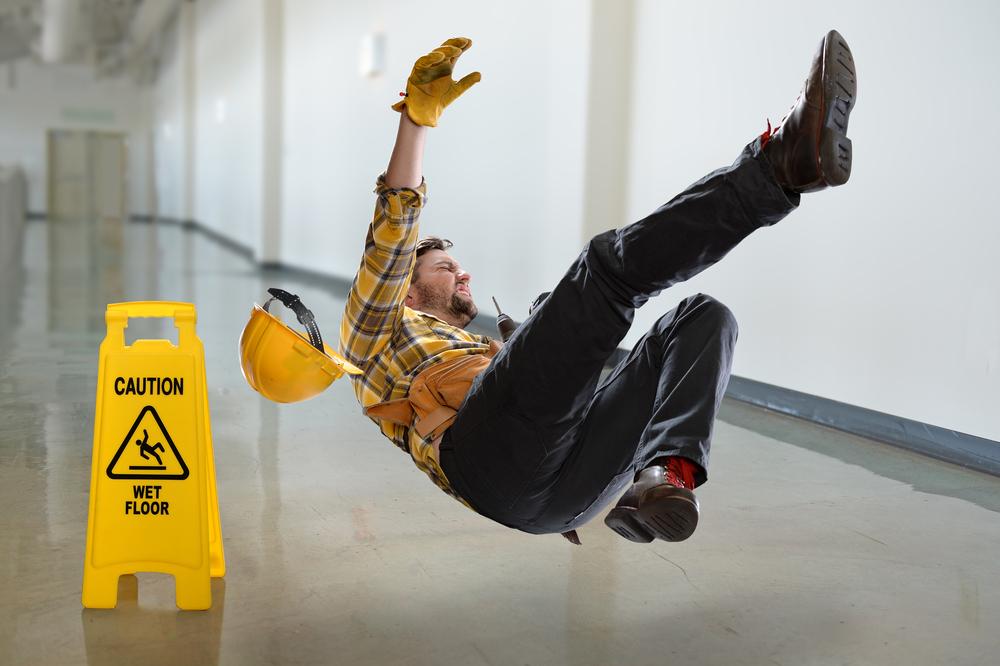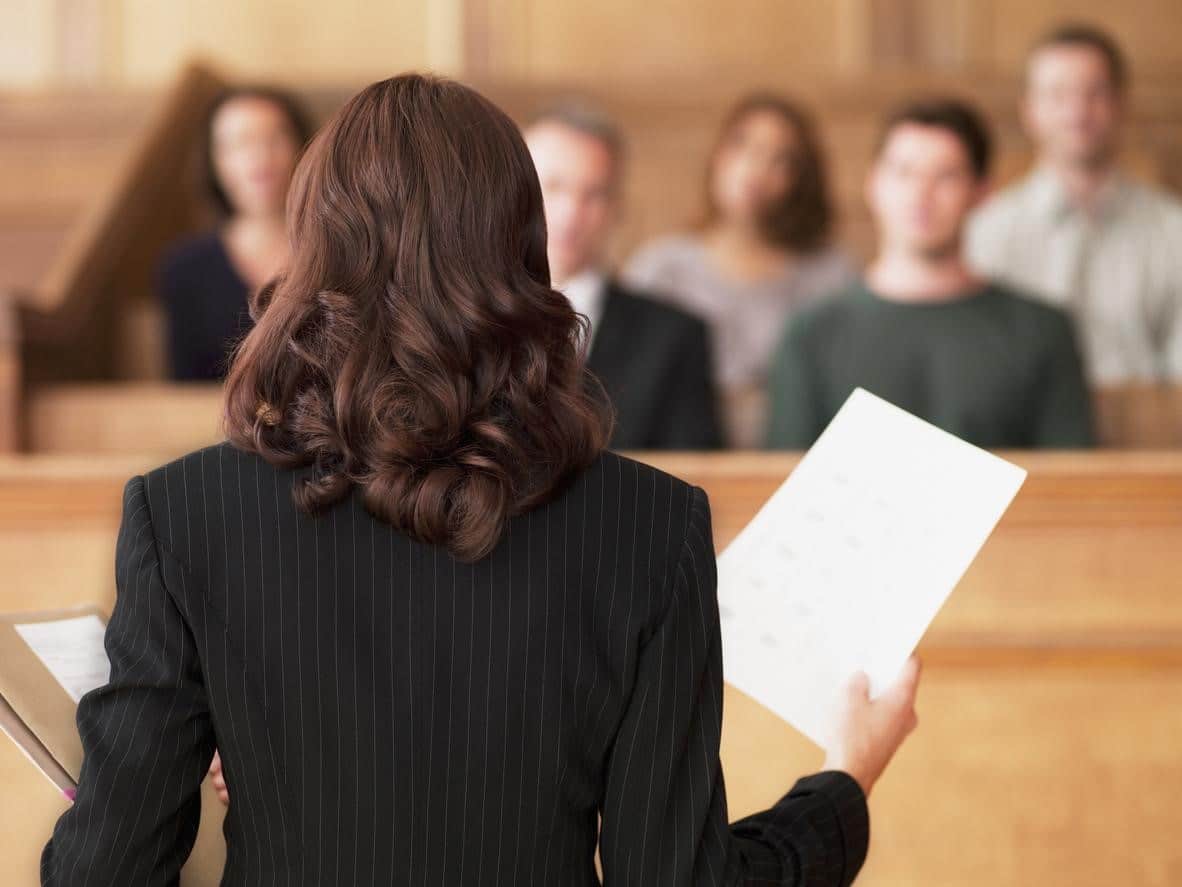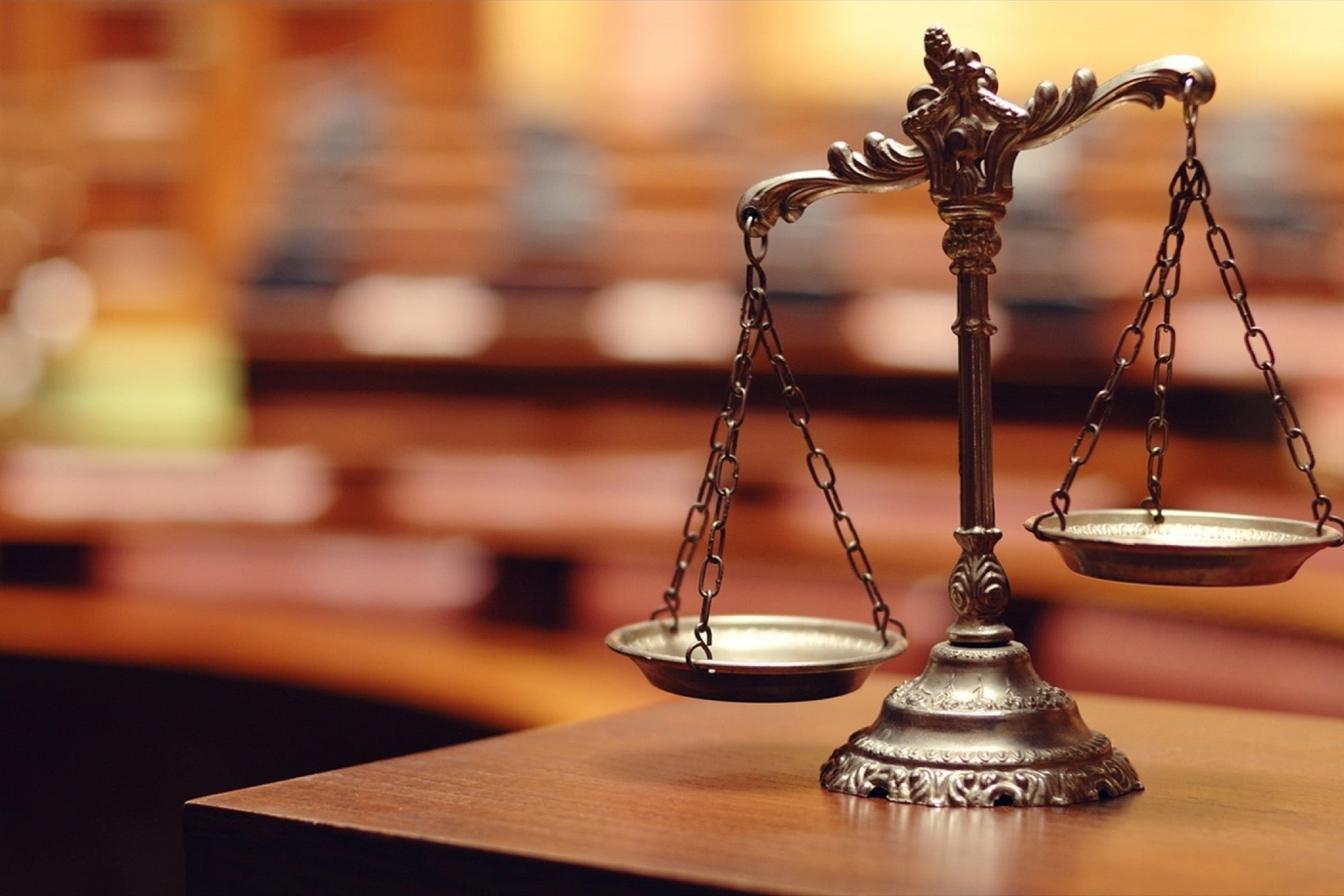Introduction
Slip and fall accidents are common occurrences that can result in serious injuries and financial burdens. When such accidents occur due to hazardous conditions on someone else’s property, understanding the legal aspects of liability, compensation, and legal recourse becomes crucial. This article provides insight into the intricacies of slip and fall accidents, highlighting the responsibilities of property owners and the legal options available to victims.
Understanding Slip and Fall Accidents
A slip and fall accident occurs when an individual loses their footing, leading to a fall, often due to dangerous or negligent conditions on a property. These accidents can happen in various settings, including businesses, public places, or private residences. Hazardous conditions that commonly contribute to slip and fall accidents include wet or slippery floors, uneven surfaces, poorly maintained walkways, and inadequate lighting.
Property Owner’s Responsibility
Property owners, whether commercial or residential, have a legal duty to maintain a safe environment for visitors, tenants, or customers. This responsibility includes:
- Regular Inspections: Property owners should regularly inspect their premises to identify and address potential hazards.
- Prompt Repairs: When hazards are identified, property owners must promptly take action to repair or correct them.
- Warning Signs: In cases where immediate correction is not feasible, property owners should provide warning signs or barriers to alert individuals to the potential danger.
- Duty of Care: Property owners owe a duty of care to different types of visitors, with a higher duty owed to invitees (such as customers in a store) compared to trespassers.
Seeking Compensation for Slip and Fall Accidents
If you’ve been injured in a slip and fall accident on someone else’s property, you may be entitled to compensation for your injuries and associated costs. The process often involves the following steps:
- Seek Medical Attention: Your health is the top priority. Seek immediate medical attention for your injuries, and document your medical treatment and expenses.
- Report the Incident: Inform the property owner, manager, or personnel about the accident, and request that they document the incident.
- Gather Evidence: Collect evidence at the scene, such as photographs of the hazardous condition, names of witnesses, and any other relevant details.
- Preserve Evidence: Preserve any evidence related to your accident, such as clothing worn during the incident or any objects involved.
- Consult an Attorney: Consider consulting a personal injury attorney who specializes in slip and fall cases. They can provide guidance on the strength of your case and help you pursue compensation.
- Legal Recourse: Your attorney will assess liability and evaluate potential compensation for your injuries, which may include medical expenses, lost wages, pain and suffering, and other related costs.
Legal Recourse for Slip and Fall Victims
Victims of slip and fall accidents can seek legal recourse by filing a personal injury claim. The legal process typically involves the following stages:
- Investigation: Your attorney will conduct a thorough investigation to establish liability on the part of the property owner.
- Negotiations: Your attorney will engage in negotiations with the property owner’s insurance company to reach a fair settlement. Most slip and fall cases are resolved through negotiations.
- Litigation: In cases where negotiations do not result in a satisfactory wlinformation, your attorney may file a lawsuit and represent you in court to pursue compensation through a trial.
Conclusion
Slip and fall accidents can have severe consequences, both physically and financially. Understanding your rights and the responsibilities of property owners is essential when seeking compensation for your injuries. If you or a loved one has been injured in a slip and fall accident due to hazardous conditions on another person’s property, consult with a personal injury attorney to explore your legal options and protect your rights.



